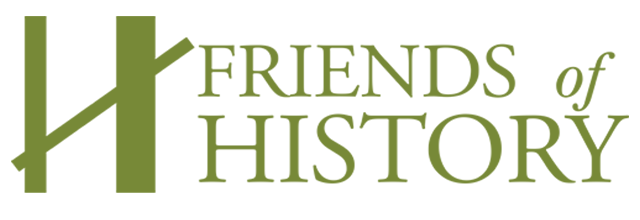
Guns, Germs, and Wood: The Landscape of Settler Colonialism
Loading...
Files
Download Captions (.srt) (142 KB)
Description
In the nineteenth century, the United States dramatically adopted capitalist institutions. At the same time, the country suffered massive conflagrations, in city after city. This lecture, drawing on Daniel Immerwahr's research for his upcoming book, asks about the connection between rapid economic growth and chastening environmental catastrophes. Or, more bluntly, what was it like to live in a combustible country?
Professor Immerwahr is introduced by PSU Professors of History John Ott and Marc Rodriguez.
Date
4-18-2024
Disciplines
American Studies | United States History
Rights
This digital access copy is made available as streaming media for personal, educational, and non-commercial use within the parameters of "fair use" as defined under U.S. Copyright law. It cannot be reproduced, distributed, or screened for commercial purposes.
Persistent Identifier
https://archives.pdx.edu/ds/psu/42503
Recommended Citation
Immerwahr, Daniel, "Guns, Germs, and Wood: The Landscape of Settler Colonialism" (2024). Friends of History Presentations. 7.
https://archives.pdx.edu/ds/psu/42503




Comments
Daniel Immerwahr is Bergen Evans Professor in the Humanities at Northwestern University. He is the author of How to Hide an Empire: A History of the Greater United States, a national bestseller and winner of the Robert H. Ferrell Prize.
Immerwahr has been published in the New York Times, The Guardian, The Atlantic, The New Yorker Magazine, Harper's, and other venues. In 2024, his research for a new book focuses on a fire history of the United States.